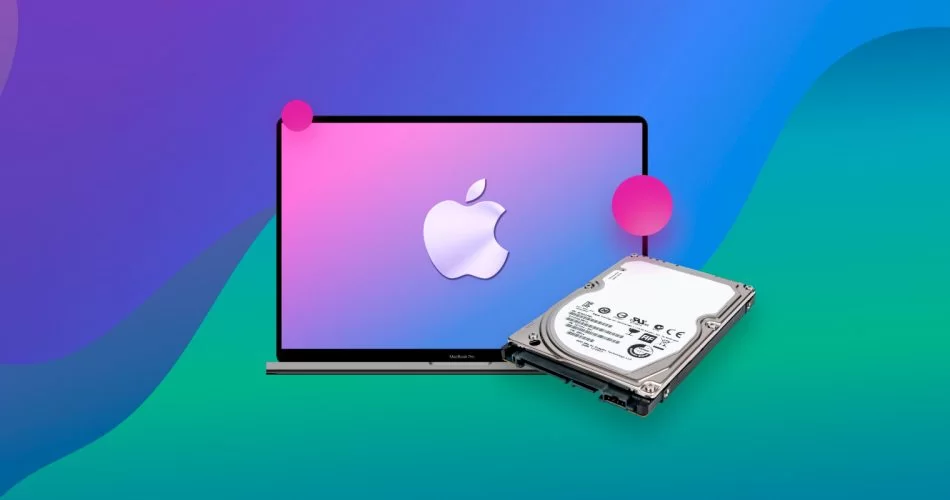External hard drives are an essential tool for those who need to store large files, transfer data between computers, or back up important information. When it comes to using an external hard drive to transfer data between a Mac and a PC, the main hassle you’ll encounter is the compatibility issue since different operating systems have their own compatible file systems.
Mac computers support several file systems, including APFS (the default file system for modern Mac computers running macOS High Sierra and later), HFS+ (the default file system for Mac computers before the introduction of APFS), FAT32, and exFAT. Regardless of its default file system NTFS which is read-only on Mac, Windows is compatible with FAT32 and exFAT as well.
Thus, you can easily make your external hard drive work with both operating systems with a little bit of formatting your drive to exFAT when the incompatibility issue arises during file transfer between Mac and PC. In this article, we will guide you on how to format an external hard drive for Mac and PC in a step-by-step manner.

- Part 1 Format an External Hard Drive on Mac to Make It Compatible with both Mac and PC
Disk Utility is a disk management program included with the Mac operating system that allows users to perform various tasks related to their drives, including erasing, partitioning, repairing disks, and more. Hence, you can make use of Disk Utility to format an external hard drive to make it compatible with both Mac and PC.
Step 1. Connect the external hard drive to your Mac using a USB, Thunderbolt, or Firewire cable. Ensure that the drive is detected by your Mac and shows up in Finder and Disk Utility.
Step 2. Open Disk Utility by going to Finder > Applications > Utilities > Disk Utility. Alternatively, you can use the Spotlight search by pressing “Command + Space” and typing “Disk Utility” in the search box.
Step 3. Select the external hard drive you want to erase from the list of drives in the left sidebar of the Disk Utility window and click the “Erase” button from the top toolbar.
Step 4. You will see a popup window asking you to confirm the erasure. Type in a name for your external hard drive, choose “exFAT” as the target format since it’s compatible with both Mac and PC, select a scheme, and click the “Erase” button to erase all data on the external hard drive.
Step 5. Click “Done” to end the process when the formatting is finished.
- Part 2 Format an External Hard Drive on Windows to Make It Compatible with both Mac and PC
Just like Disk Utility on Mac, Disk Management is a Windows utility that allows users to manage disk partitions and volumes. With Disk Management, you can initialize a new drive, shrink/extend a basic volume, format an external hard drive, resize partitions, assign drive letters as well as modify other disk-related properties. If you’d like to format your external hard drive for Mac and PC, Disk Management will come in handy.
Step 1. Plug in your external hard drive to your computer via a USB cable and open Disk Management.
Step 2. Locate your external hard drive, right-click on it, and select “Format” from the context menu.
Step 3. In the Format window, select “exFAT” from the file system drop-down menu.
Step 4. Optionally, you can give the volume a new name in the “Volume label” field and select a different allocation unit size.
Step 5. Check the box before “Perform a quick format” and click “OK” to begin the formatting process.
Step 6 Once the formatting process is complete, your external hard drive will be formatted to exFAT and ready to use for both PC and Mac.
Final Verdict
Formatting an external hard drive for both Mac and PC is easy and can be done in a few simple steps. All you need to do is format the drive to a file system that is compatible with both Mac and PC. Before proceeding with drive erasure, make sure that you have backed up all files stored on it to avoid data loss because the formatting process will wipe out all data on the drive.
By following the steps outlined in this article, you should succeed in formatting your external hard drive for Mac and PC and can use it to transfer data between the two platforms without the compatibility issue.